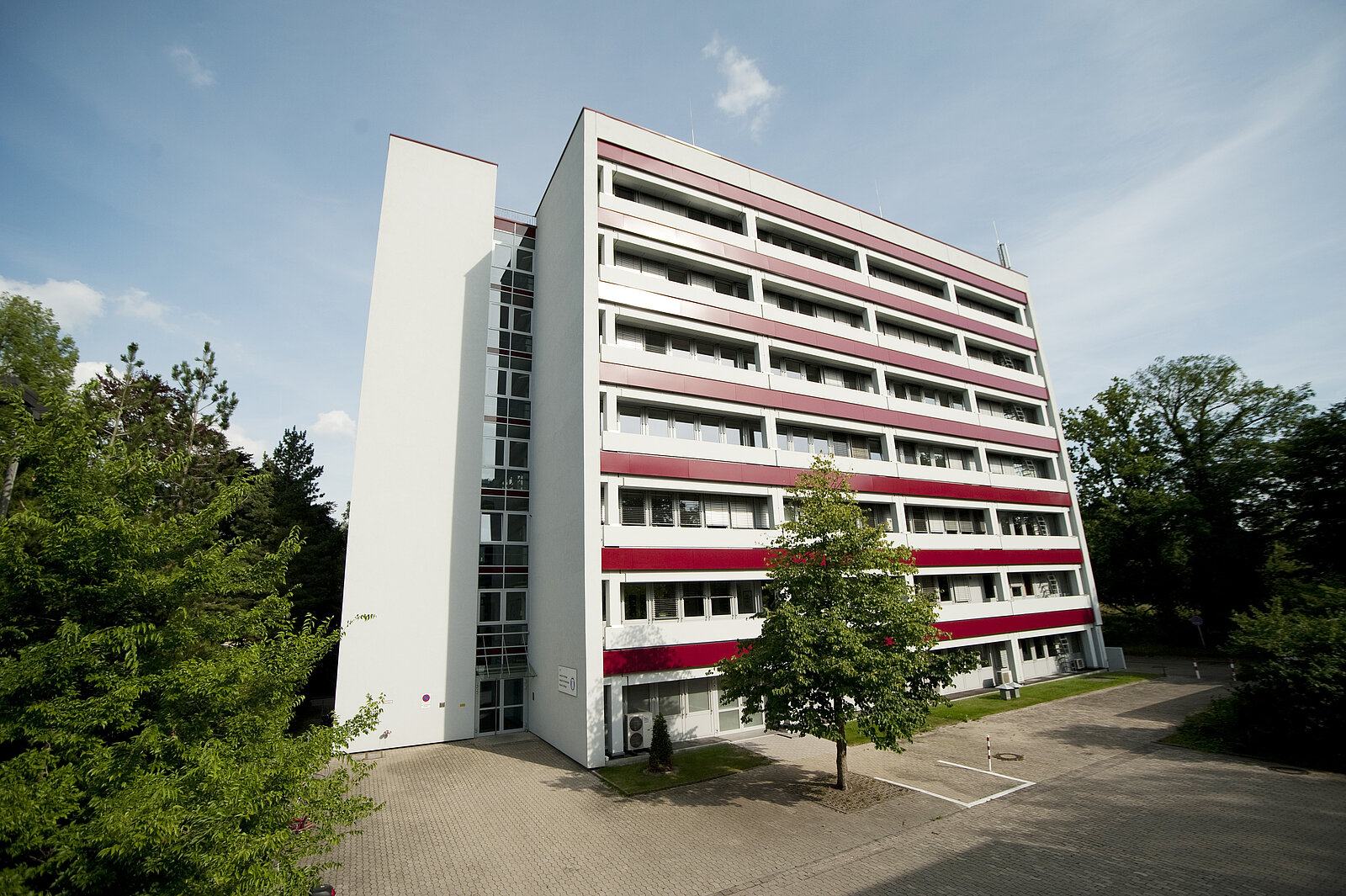History of the Institute for Parasitology
Experimental parasitological studies are already documented from the founding period of the University of Veterinary Medicine. For example, August Conrad Havemann, director of the TiHo from 1784 to 1819, published work on the "Natural History of the Oestrus Fly" and Andreas Christian Gerlach, director of the TiHo from 1859 to 1870, conducted research on mange mites, trichinellae, tapeworms and air sac mites of chickens.
In 1872/73, lectures in parasitology were held for the first time. In 1929, the first habilitation for the subject of parasitology took place at the University of Veterinary Medicine by Rudolf Wetzel. He received a lectureship for parasitology and veterinary zoology in 1932. Four years later, his research group was better equipped in terms of space and personnel and was elevated to the "Institute for Parasitology and Veterinary Zoology". On October 1, 1953, Karl Enigk was appointed to this chair and headed the institute until his retirement in 1976. Thanks to his initiative, the "Deutsche Gesellschaft für Parasitologie" (DGP) was founded in Hanover in 1960 and the "World Association for the Advancement of Veterinary Parasitology" (WAAVP) in 1963, also in Hanover. He established the Karl Enigk Foundation from his private fortune in 1993, which uses its revenues to award scholarships to young scientists in parasitological research.
On October 1, 1965, zoology was outsourced into a separate institute. In March 1974, the Institute for Parasitology moved into the current premises in building 217 at Bünteweg.
Since the beginning of 2003, the Institutes for Parasitology, Virology and Microbiology as well as the Department of Fish Diseases form the Centre for Infectious Medicine, which was later joined by the Institutes of Physiological Chemistry as well as Biometry, Epidemiology, Information Processing and the Clinic for Poultry.
Today, the research focus of the institute is on molecular parasitology. The aim is to use molecular biological methods to better understand the transmission and pathogenesis of parasitic diseases and to develop new approaches for the detection and control of parasite infections.



